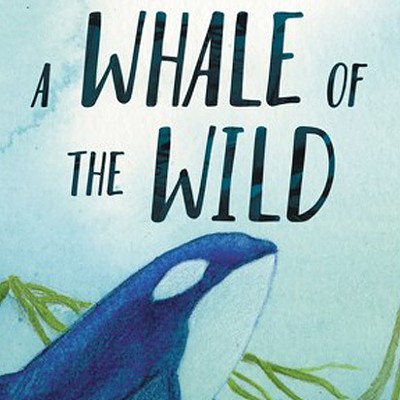Since its release in July, Harper Lee's Go Set A Watchman has taken the literary world by storm. Fifty-years after the release of the iconic To Kill a Mockingbird, Watchman sold 1.1 million copies its first week (making it the fastest selling book in HarperCollins publishing history) and rocketed to the top of the New York Times bestseller list, where it remains nearly two months later.
However, the novel's wild success has perhaps less to do with its literary merit, and is more in keeping with what many critics see as one of the most flagrant money grabs in publishing history. Bookstores all over the world are issuing full refunds to dissatisfied readers; bloggers and book reviewers call it a not-very-good first draft of the classic Mockingbird, that undoes all of the work Lee did to address race in the American South. The most critical voices claim that the publication of Watchman has forever marred Lee's revered reputation, and even her most generous reviewers can't help but admit how sad the whole debacle has become.
With so many conspiracy theories surrounding the actual events leading up to the novel's publication, it's difficult for readers to sift the truth from the marketing frenzy. Marja Mills, bestselling memoirist and author of The Mockingbird Nextdoor, has worked closely with Bend's own Books In Common, a literary events consultancy, and has spoken to audiences nationwide hungry for details. Mills, whose memoir details her years of friendship with the Lee sisters, offers some insight into the publishing event that has left so many diehard fans a little baffled.
Source Weekly: What has surprised you about the critical reception of Go Set A Watchman?
Marja Mills: I think the reception has been predictable, for the most part. You see glimmers in Watchman of the kind of storytelling that made To Kill a Mockingbird so popular. But you also see a writer still finding her way, and in an essentially unedited manuscript.
SW: In your memoir, you mention that the weight of expectation kept Harper Lee from publishing another book, until now. What do you think has changed?
MM: That certainly has been the subject of a lot of speculation. For many years, Nelle Harper [Lee]'s sister, Alice Finch Lee, served as gatekeeper, protector, and partner in handling many of her affairs. Alice died in November at age 103. She practiced law until she was 100, and I think a lot changed for Nelle once Alice no longer was in that role. Nelle Harper [Lee] suffered a serious stroke in 2007 and has not lived independently since then.
SW: What is one of your favorite memories from your time spent with the Lee sisters?
MM: There are so many. They loved to explore the back roads of their corner of Alabama. Nelle would get behind the wheel of her Buick and kick up some red dust on those country roads. Stories were everywhere in that landscape for them.
"'We go out in every nook and cranny,' Alice Lee told me early on. "We explore. If a new road opens up, we try it. We have done that all our lives."
SW: How has your life changed since your time in Alabama, and the publishing of your memoir?
MM: I get to have conversations with so many book people—readers, bookstore owners and librarians—around the country. That is a joy.





















